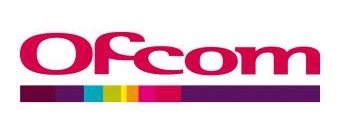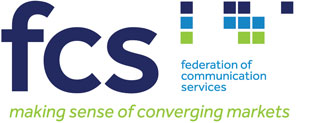Culture & Values
FCS Culture & Values
FCS members are entrepreneurial businesses delivering genuine value to enable British businesses to communicate with world markets. Our philosophy is pro-business, small government and regulation as a necessary evil to ensure a truly competitive market place.
FCS believes the key priorities for government must be to strengthen the UK’s global competitiveness, drive investment in UK business, enable forward-looking technologies and create an environment in which consumers – both business users and the public – can make informed decisions and choose solutions which meet their own expectations of service, quality, price and risk.
FCS was already in business, representing industry interests to the (then) Ministry of Posts and Telecommunications before BT was first spun out of the Post Office and de-nationalised. So we have developed and maintained a close and professional relationship with the communications regulator from its very earliest days, first as the Radiocommunications Agency and Oftel and now as Ofcom. FCS believes the role of the regulator is solely to be a proxy for competition.
That is to say, the regulator exists to prevent the distortion of the market by monopolist activities, and to ensure fair competition can exist in the market at every level. It therefore follows that as free competition increases, FCS believes Ofcom’s role is to work towards its own redundancy. Those areas which require the maintenance of central databases and user details (like radio spectrum band allocations and telephone number allocations) can be more cost-efficiently managed by the industry itself.
It is not the role of an economic regulator to be a proxy for disaffected consumers: that is the role of Parliament. FCS believes Ofcom’s dual remit as a Consumer Protection Organisation is at variance with its role as an economic regulator. The inadvertent results of this dual role include the regulator making decisions based upon putative consumer benefit rather than pure business and economic criteria, and having unclear terms of reference to prevent market distortions which only disadvantage business customers, as opposed to consumers.
Ofcom, the UK communications regulator, is arguably the most experienced, professional and successful communications regulator in the world; certainly in the EU. FCS believes Ofcom should be more than just one of 26 National Regulatory Authorities within BEREC, the pan-European communications regulatory think-tank. FCS campaigns for a greater, leading role for the UK regulator to drive best in class practice and true competition right across the EU communications market.
Ofcom has novated its responsibility for regulating and controlling premium-rate numbers used for chat-lines, gaming and charity donations via the phone, to the Phone-paid Services Authority (formerly PhonepayPlus). FCS sits on the PSA Industry Stakeholders Forum, and works closely with Action 4, the premium-rate service providers’ own trade body, to ensure regulation is proportionate and that business users are not unfairly burdened by the costs of regulating consumer transactions on the mobile networks.
FCS and the regulators: Ofcom, BEREC, PSA

OFCOM
The Office of the Communications Regulator regulates the market, licenses radio spectrum and allocates telephone numbers.
BEREC
What Ofcom is to the UK, BEREC is to the EU: National Regulatory Authorities work to advise the Commission and the industry.

Trade Association Forum
FCS is a signatory to the TAF Code of Practice and supports the Forum’s work among UK trade bodies.

